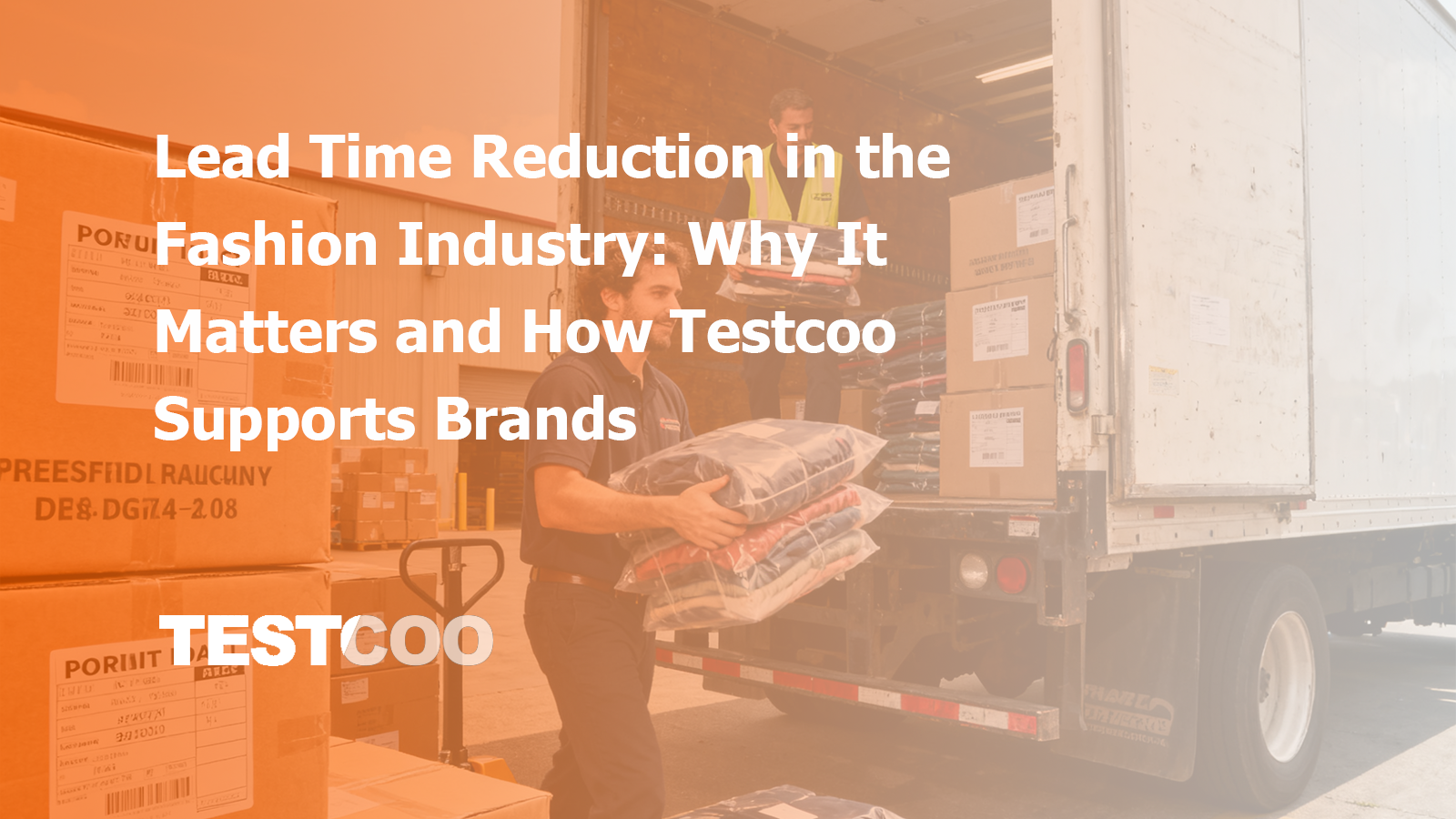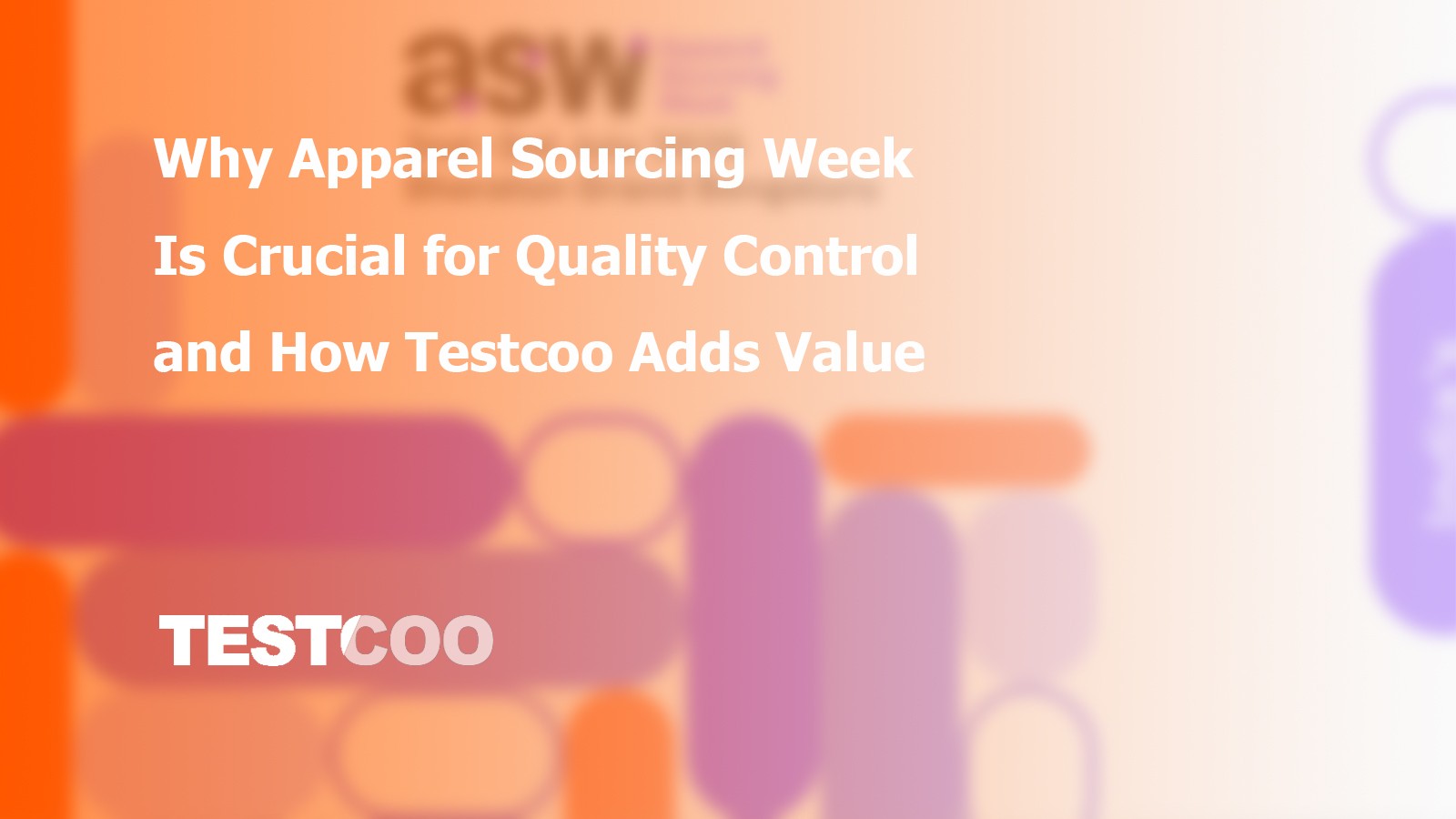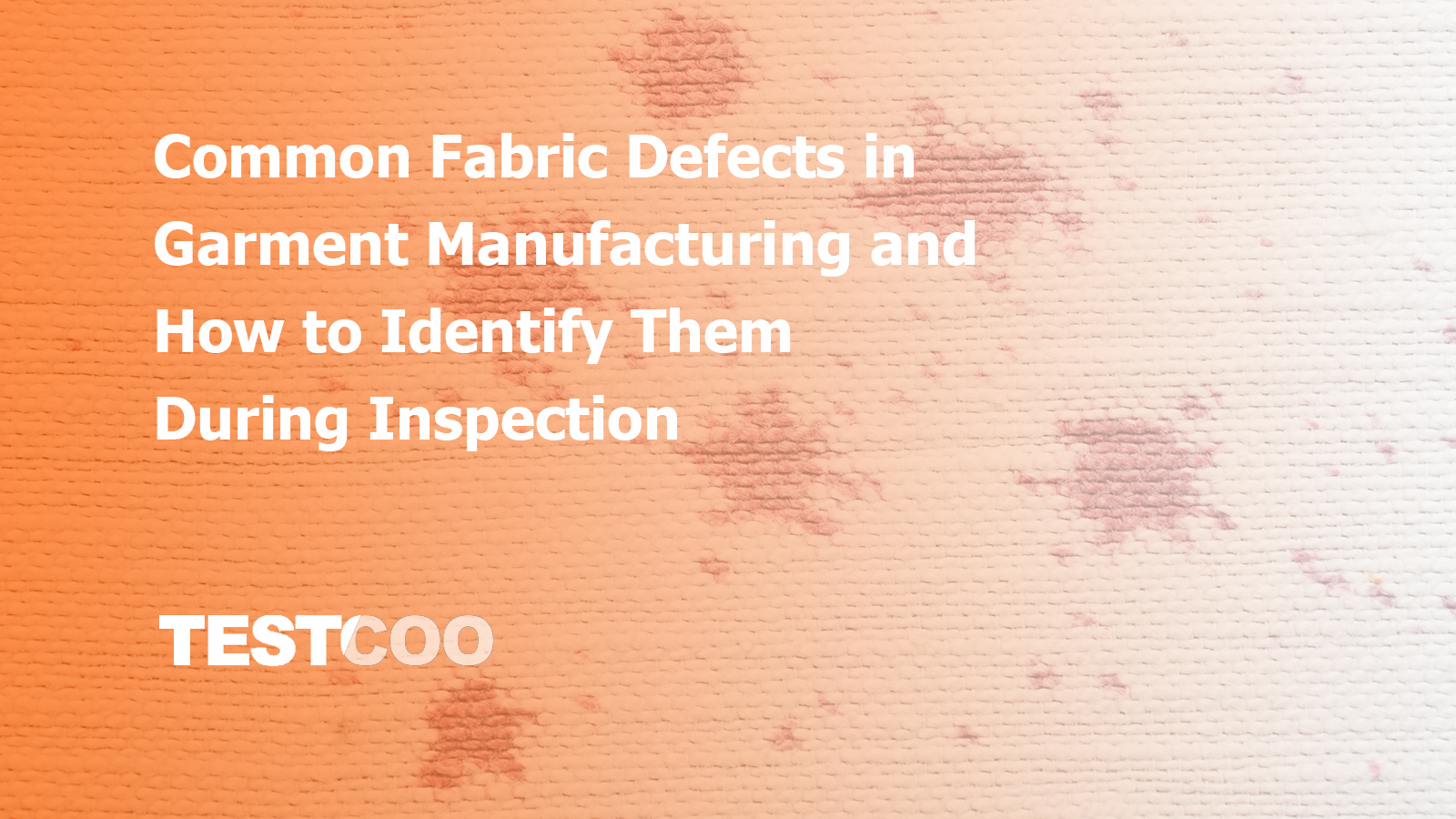Game Changer for Indian Textiles: India-UK Free Trade Agreement and the Rise of Quality Control
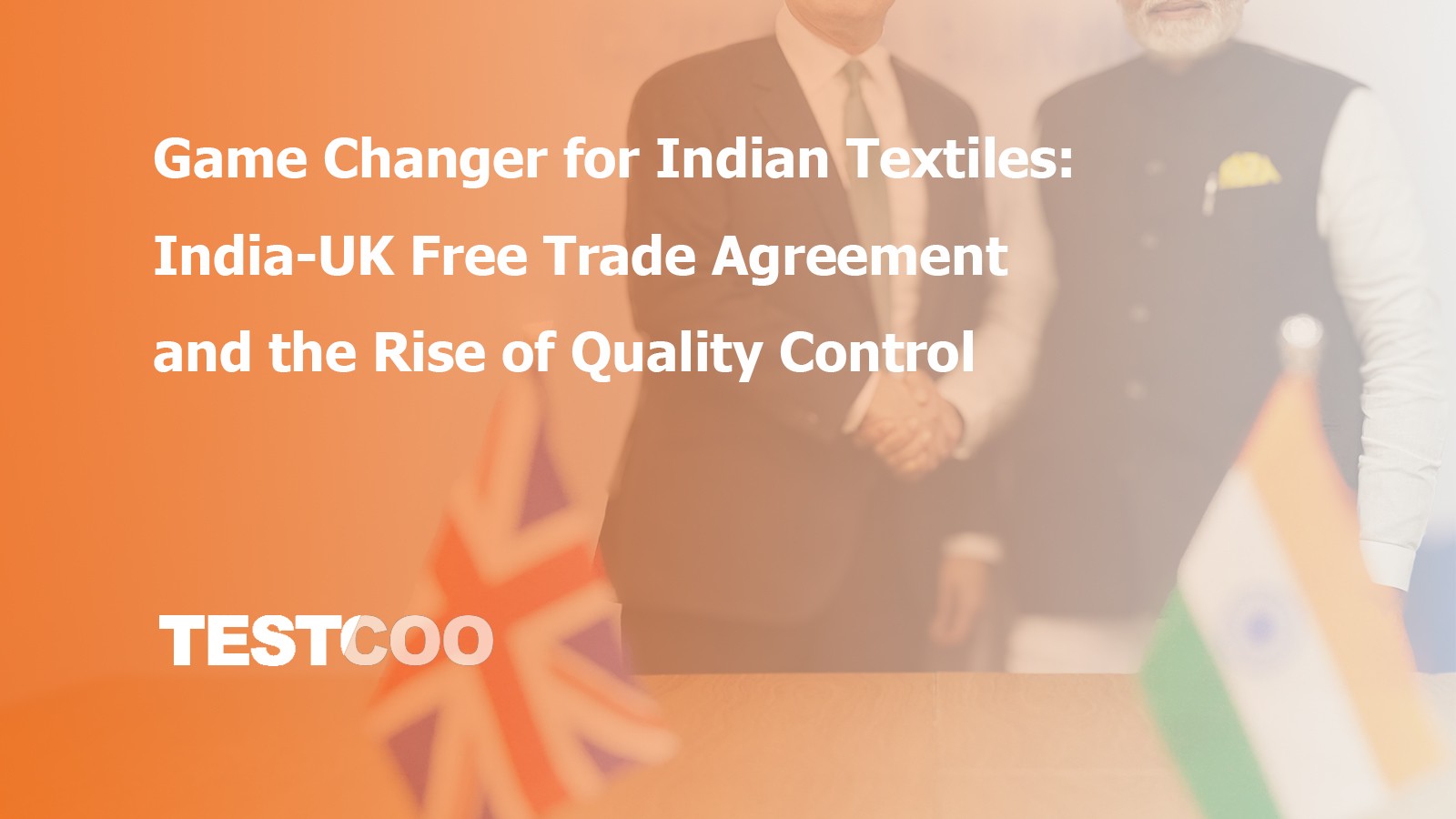
The recently concluded India-UK Free Trade Agreement (FTA) marks a significant milestone in the bilateral relations between two major economies. At the core of this agreement lies a transformational opportunity for India's textile and apparel sector. With the UK eliminating tariffs on 99% of Indian exports, including a wide range of textile products, the door is now open for Indian manufacturers and exporters to boost their market presence in one of the world's most discerning and quality-conscious markets.
As exciting as this development is, it also raises the stakes for Indian textile exporters. In a market as competitive and regulation-intensive as the UK, the need for impeccable quality assurance, compliance with international standards and transparency across the supply chain becomes non-negotiable. This is where quality control partners like Testcoo play a pivotal role.
In this blog, we explore how the India-UK FTA impacts the textile industry, the potential challenges and opportunities it presents and why quality assurance will be a cornerstone for success in this new era.
India-UK FTA: What It Means for the Textile Sector
India's export landscape to the UK is both diverse and dynamic, as seen in the latest data from the UK's Department for Business & Trade. In the four quarters ending Q4 2024, India's top exports to the UK ranged from refined oil (£1.32 billion) and clothing (£877.3 million) to telecom equipment, pharmaceuticals and iron and steel. This highlights the strategic importance of multiple sectors in strengthening bilateral trade. As the India-UK Free Trade Agreement gains traction, across industries energy, fashion, healthcare, technology and manufacturing are poised to benefit provided they maintain robust quality standards and regulatory compliance for sustained growth
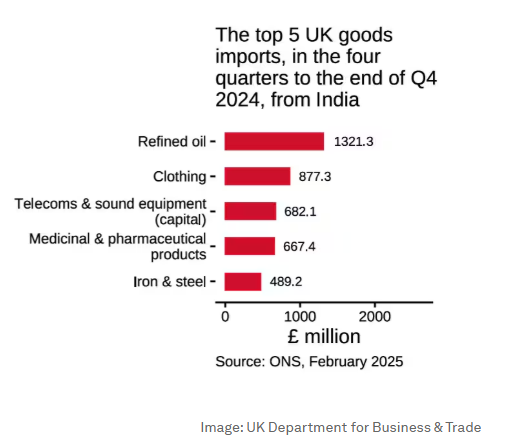
Source: Weforum.org
The UK and India just signed a 'historic' free trade deal. Here's what to know
Under the FTA, tariffs on Indian textile and apparel exports to the UK, which previously stood as high as 12%, will be significantly reduced or eliminated. This includes products such as:
- Cotton garments
- Synthetic fiber textiles
- Home furnishings (bedsheets, curtains, towels)
- Footwear and leather goods
This move is expected to reduce export costs, improve margins and enhance the competitiveness of Indian products in the UK market.
According to industry estimates, the FTA could lead to a 30-50% surge in textile exports to the UK over the next five years. Indian exporters, especially Small and Medium Enterprises (SMEs), stand to benefit immensely from improved market access.
Furthermore, the UK has shown a growing appetite for ethically produced, sustainable textiles - an area where Indian manufacturers can shine if supported with the right quality assurance and compliance frameworks.
Opportunities for Indian Exporters
The India-UK Free Trade Agreement has unlocked a wave of opportunities for Indian textile exporters by eliminating tariffs and easing market access to the UK. This opens doors for Indian manufacturers to expand their customer base, enter strategic partnerships with British retailers and improve profit margins through reduced export costs. With rising demand for high-quality, ethically produced goods, Indian exporters especially SMEs are well-positioned to showcase their craftsmanship on a global stage. As regional hubs like Tirupur and Ludhi Luana ramp up production, this is a critical moment for Indian businesses to invest in quality, compliance and sustainability to secure long-term growth.
- Market Expansion: Indian textile exporters can now penetrate the UK market with greater ease. This opens doors not only to direct sales but also to collaborations with UK-based retailers and brands.
- Better Margins: The removal of duties means lower costs, which can either be passed on to customers for competitive pricing or retained to improve profitability.
- Diversification of Customer Base: Indian exporters who previously focused on markets like the US or the EU can now diversify and reduce dependency by targeting the UK.
- Boost to Regional Economies: Manufacturing hubs in states like Tamil Nadu, Gujarat and Punjab are expected to see increased activity, employment and investment.
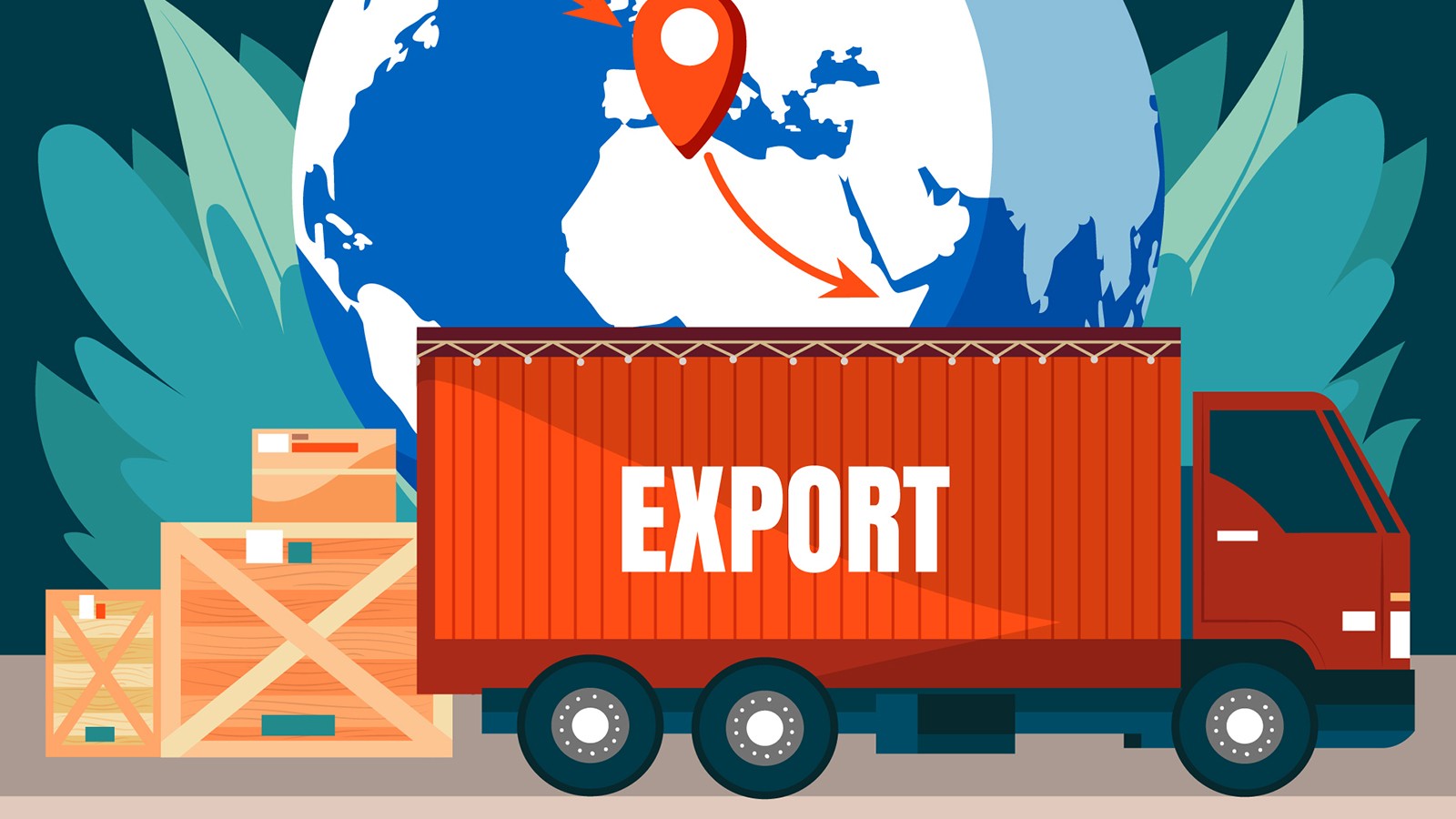
Challenges in the UK Market
Entering the UK textile market post-FTA presents exciting opportunities, but not without its challenges. Indian exporters must navigate stringent product regulations, including REACH compliance and fire safety standards. Additionally, the UK’s growing emphasis on sustainability and ethical sourcing demands transparency across the supply chain. Failure to meet these expectations can lead to product rejections, brand damage or legal consequences. Logistical complexities post-Brexit further complicate exports, requiring accurate documentation and regulatory awareness. In this competitive environment, maintaining consistent product quality, aligning with ethical practices and ensuring regulatory compliance are critical to securing long-term success in the UK market. While the opportunities are vast, they come with their own set of challenges:
- Stringent Quality Requirements: The UK has rigorous standards for textile products, including REACH compliance, fire safety for furnishings and labelling norms.
- Sustainability Expectations: UK consumers and retailers are increasingly demanding transparency in sourcing, eco-friendly materials and ethical labor practices.
- Brand Reputation Risks: A single quality failure can lead to significant brand damage, product recalls or even legal repercussions.
- Logistics and Supply Chain Complexities: With Brexit, navigating customs and logistics in the UK has become more complex, requiring meticulous documentation and compliance.
Textile Labelling Regulations in the United Kingdom
The Role of Quality Assurance in a Post-FTA Landscape
In a post-FTA landscape, where tariff-free access to the UK market boosts export opportunities, quality assurance emerges as a critical differentiator for Indian textile exporters. With heightened buyer expectations around product safety, regulatory compliance and sustainability, maintaining consistent quality is no longer optional, it’s essential. Poor quality can lead to shipment rejections, reputational damage and lost business. Implementing robust quality control measures, such as third-party inspections, lab testing and social audits, ensures products meet international standards. Quality assurance not only protects brands but also builds long-term buyer trust, enabling Indian exporters to thrive in a competitive and regulation-driven global market.
Here’s how partnering with an experienced quality control firm like Testcoo can make a difference:
- Pre-Shipment Inspections: Pre-Shipment Inspections (PSI) also known as Final Random Inspections (FRI) ensure that the products meet quality standards before leaving the factory, reducing the risk of rejection or returns.
- Lab Testing & Certification: Testcoo provides comprehensive lab testing services that align with UK and EU standards. From colorfastness to chemical content, our labs ensure your products comply with market regulations.
- Social and Environmental Audits: With sustainability taking center stage, brands need to ensure their supply chains are ethical and environmentally responsible. Testcoo's audits assess compliance with BSCI, SEDEX, SMETA and more.
- Factory Audits: Before entering partnerships with manufacturers, UK buyers often require detailed factory audits covering production capacity, quality systems and working conditions. Testcoo helps exporters meet these expectations confidently.
- Inline Production Checks: Continuous inspection during production (DUPRO) helps identify defects early, avoiding costly delays and ensuring consistent quality.
Guidelines for Product Inspection in India
Case Study: A Mid-Sized Textile Exporter from Tirupur
After the FTA announcement, a mid-sized garment exporter in Tirupur aimed to expand into the UK market. However, they faced challenges in meeting the UK's compliance requirements. Testcoo stepped in to:
- Conduct a gap assessment of the factory's existing quality control processes
- Facilitate lab testing for UK standards
- Perform social compliance audits for SEDEX membership
- Implement inline inspections to monitor quality during production
Within three months, the exporter received their first order from a major UK retailer and successfully delivered the shipment without any quality issues. Their partnership with Testcoo gave them the confidence and capability to meet international standards.
Preparing for Long-Term Success
The India-UK FTA is more than a trade agreement; it's a catalyst for transformation. Indian textile exporters must evolve from being price-driven vendors to quality-driven partners.
Steps for long-term success include:
- Investing in Quality Infrastructure: Establish in-house labs and quality control teams to complement third-party inspections.
- Training and Upskilling: Educate factory staff on global standards and best practices in quality management.
- Building Transparent Supply Chains: Use technology to track materials from source to shelf, providing transparency to buyers.
- Collaborating with Reliable Partners: Align with experienced quality assurance companies like Testcoo to ensure compliance and build buyer trust.
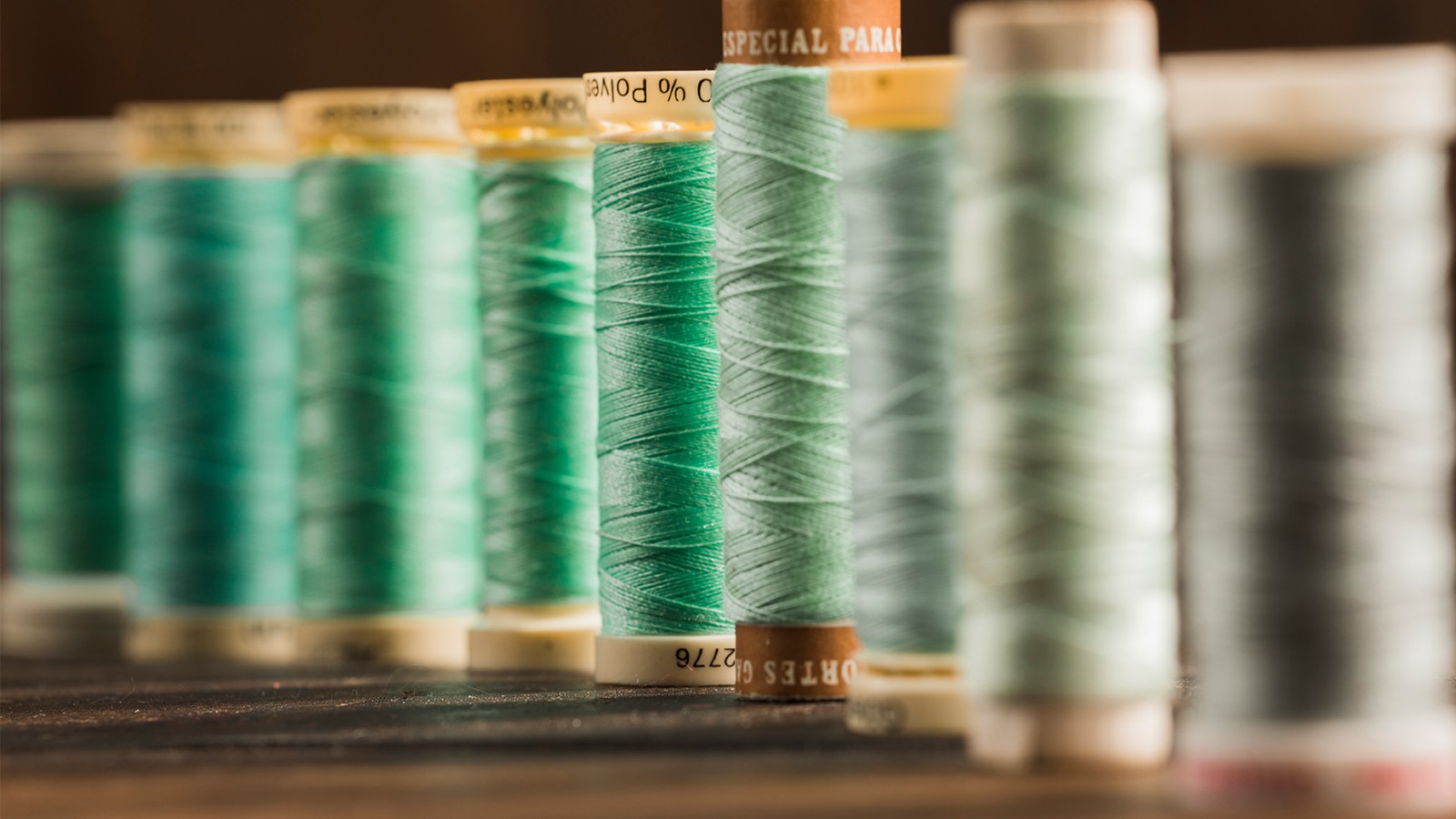
The Testcoo Advantage
In a rapidly evolving global trade environment, Testcoo stands out as a trusted partner for quality assurance, inspection and compliance. With a global footprint and deep expertise in textile standards, Testcoo offers end-to-end solutions from factory audits and lab testing to certifications like ISO, SEDEX and BIS. Our real-time reporting platform, tailored inspection protocols and commitment to sustainability empower exporters to meet the demanding expectations of UK buyers. As Indian textile businesses tap into new opportunities under the India-UK FTA, Testcoo ensures every shipment reflects quality, compliance and reliability turning market access into long-term business success. Testcoo is uniquely positioned to support textile exporters in navigating the post-FTA landscape. Our strengths include:
- Global Coverage: With full time inspection teams in key textile hubs, we provide swift and efficient services.
- Customized Solutions: From start-ups to large enterprises, our services are tailored to your specific needs.
- Real-Time Reporting: Our digital platform provides live updates, inspection reports and audit outcomes at your fingertips.
- Sustainability Expertise: We help clients align with the UN SDGs and meet buyer demands for responsible sourcing.
The reduced tariffs under the India-UK Free Trade Agreement present an unprecedented opportunity for India’s textile sector. However, this opportunity will only bear fruit for those who are ready to meet the higher expectations of global buyers.
In this new era, quality is not just a competitive advantage, it is the currency of trust. Indian exporters must align with trusted partners like Testcoo to build this trust, ensuring that every shipment reflects the quality, reliability and responsibility that global markets now demand.
The path to global success starts with local action. Let quality lead the way.
For more information, visit www.testcoo.com.
Free Sample Report Performance Quality Control
Download a sample report to keep control of your supply chain!
Featured Articles
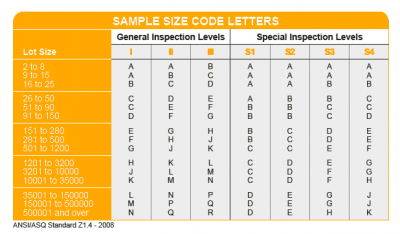 AQL Table | How to Read It
AQL Table | How to Read It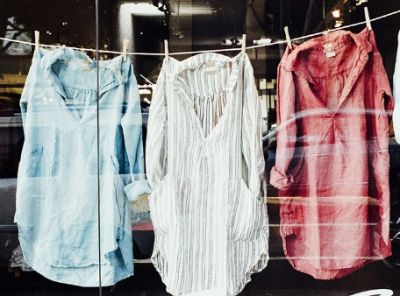 TOP 10 Common Defects in Garments Quality Inspection
TOP 10 Common Defects in Garments Quality Inspection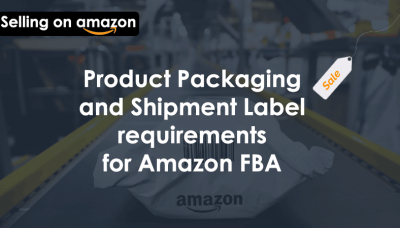 Product Packaging and Shipment Label requirements for Amazon FBA
Product Packaging and Shipment Label requirements for Amazon FBA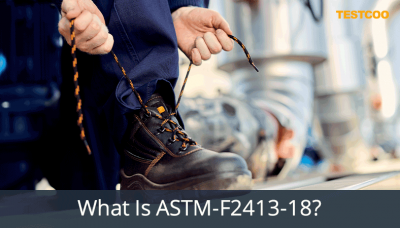 What Is ASTM-F2413-18? Protective Footwear Standard
What Is ASTM-F2413-18? Protective Footwear Standard How to Conduct Third-Party Quality Control Inspections for Electric Scooters
How to Conduct Third-Party Quality Control Inspections for Electric Scooters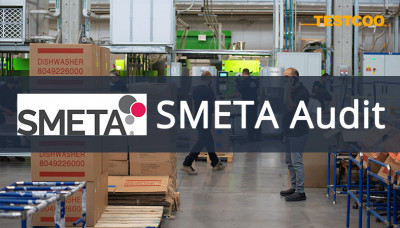 SMETA Audit-What is SMETA Audit?
SMETA Audit-What is SMETA Audit?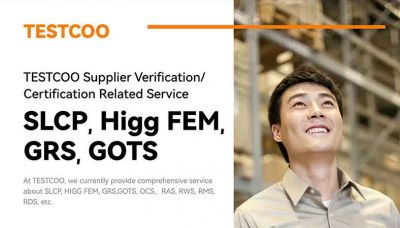 TESTCOO Supplier Verification/Certification Service SLCP, Higg FEM, GRS, GOTS
TESTCOO Supplier Verification/Certification Service SLCP, Higg FEM, GRS, GOTS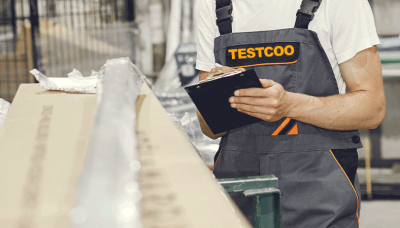 Quality Control Inspection Company in China
Quality Control Inspection Company in China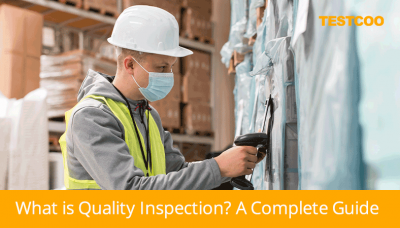 What is Quality Inspection? A Complete Guide
What is Quality Inspection? A Complete Guide Guidelines for Product Inspection in India
Guidelines for Product Inspection in India
Category
- Production Inspection Service
- Factory Audit
- Softline Inspection
- Hardline Inspection
- Electrics Inspection
- Certification
- Checklist
- Manufacturers
- Quality Assurance Basics
- Products Recall
- AQL
- Guidence and Standard
- News
- Supplier Management
- Amazon
- Protective Equipment
- e-commerce quality control
- Indian Manufacturing
- Soft Goods Quality Control
- Supply Chain Management
- Supply Chain Resilience
- E-Commerce Quality Control
- ISO 2859
- Supply Chain Optimization
- Garment Industry
- Higg Index


